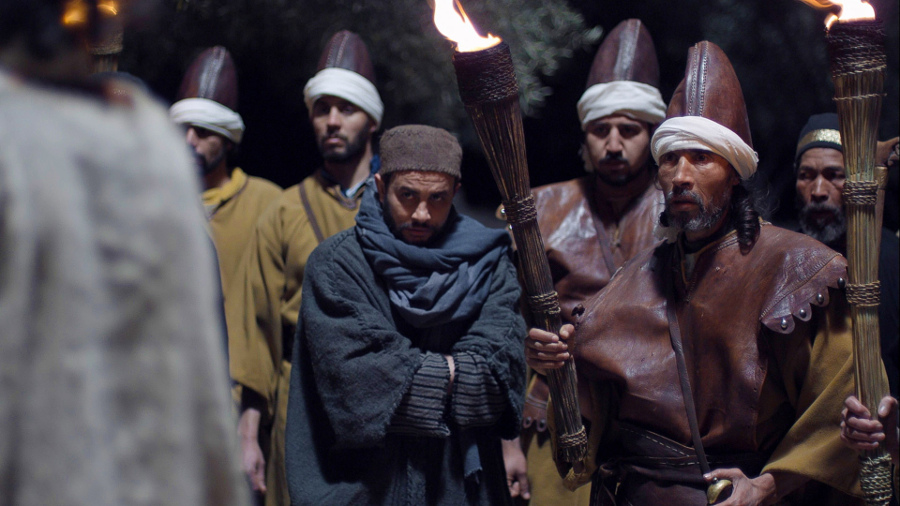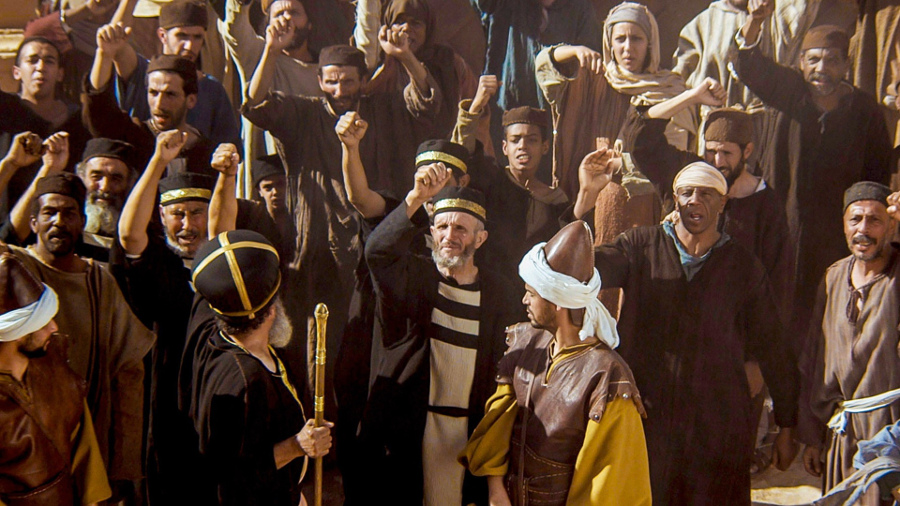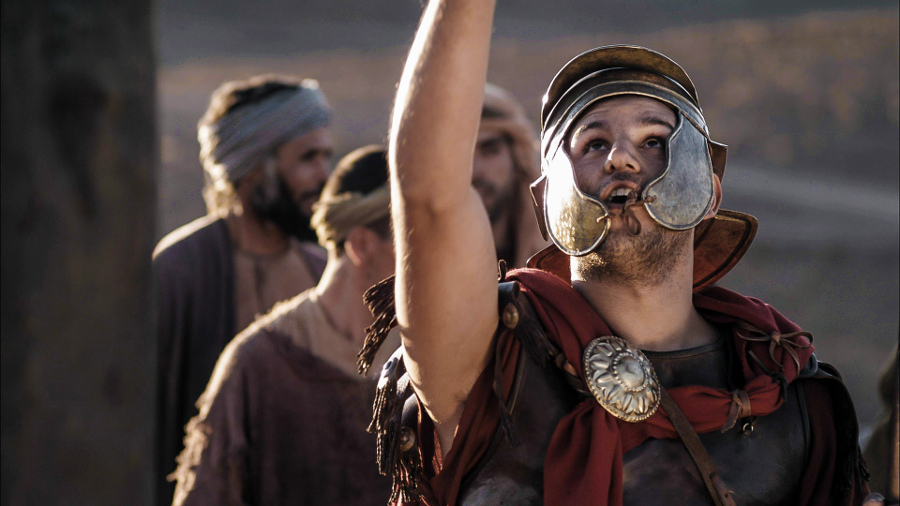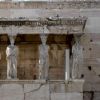Special Note:
Journey with us as we follow "The Way of Jesus" through the cross to his resurrection. Over the next nine days, we will have seven special video posts highlighting what many call "Holy Week" — the last week of Jesus' earthly ministry in Jerusalem. This week appeared to end with Jesus' crucifixion. However, the power after his resurrection changed everything!
In Mark 10:46-52, we meet a man named Bartimaeus who was blind. When he heard Jesus drawing near, he shouted for the Son of David to heal him. Despite interference from Jesus' disciples, the man kept shouting to the Lord until Jesus healed him. Then, Bartimaeus "followed Jesus along the road"(Mark 10:52), or more literally, he "followed Jesus on the way" to Jerusalem, the cross, and the resurrection (Mark 10:52 NLT — footnote*).
Not surprisingly, Jesus' early disciples identified themselves as "followers of the way" (Acts 9:2, 22:4-5, 24:14). They had chosen to follow Jesus in the way of the cross (Luke 9:23-27). During this special week, let's join those early disciples and choose to be followers of Jesus in the way of the cross!
[Jesus said,] "The hour has come for the Son of Man to be glorified. Very truly, I tell you, unless a grain of wheat falls into the earth and dies, it remains just a single grain; but if it dies, it bears much fruit. Those who love their life lose it, and those who hate their life in this world will keep it for eternal life. Whoever serves me must follow me, and where I am, there will my servant be also. Whoever serves me, the Father will honor."Now my soul is troubled. And what should I say — 'Father, save me from this hour?' No, it is for this reason that I have come to this hour. Father, glorify your name."
... And I, when I am lifted up from the earth, will draw all people to myself." He said this to indicate the kind of death he was to die (John 12:23-28, 32-33).
In this week's video, James Nored reminds us of the many opportunities Jesus had in his final week to walk away from his path to the cross. He emphasizes how all of Jesus' earthly friends forsook him in his most distressing moments of the Passion. He reminds us how Jesus withheld his power over-and-over again as his enemies mocked, belittled, and abused him. Most of all, James tells us that the Lord Jesus did this for you and me. He did it so that we could be brought back and bought back into a relationship with God.
James' video presentation's haunting music reminded me of the eerie statement of Jesus about the seed falling on the ground and dying. If the seed hadn't given up its life to the soil, it would have remained alone. Grab that thought! It remains alone. Jesus gave up the temporary fellowship of his disciples and withheld his power to defeat the forces of sin, death, and hell. The Lord made these sacrifices so that we wouldn't ever have to fear them, so we wouldn't have to be isolated and alone as we faced their presence in our lives or deaths (Hebrews 2:14-18).
Why did Jesus' withhold his power, submit to his Father's will, and allow himself to be crucified? He did it to become that seed that would fall on the ground and ensure that we could join him as children in the Father's house. He chose to be alone through his Passion so we could be his forever — so that we could be the many seeds produced as the fruit of his death.
However, to accomplish this for us, however, Jesus faced the aching loneliness of being alone in the most trying of times. The apostles abandoned Jesus in the Garden of Gethsemane. Peter, his most vocal leader, denied having ever known him. Judas, one of his twelve carefully chosen apostles, betrayed him with a kiss for money. Jesus, the Creator of the universe, came to his own things — his own world he had created — yet his own people rejected him with derision and cruel mockery (John 1:10-11).

Jesus offered himself as our ransom payment to bring us life with the Father (Mark 10:45). Jesus chose to see the glory, to see his exaltation as the king, as he was lifted up on the cross (John 12:32-33). As a mortal, the King of glory would have preferred a different path. He prayed to his Abba Father for another way. However, as the Son of God, he chose his Father's way and all that it would cost him. He did it so that we would not have to pay the same cost with our lives.
Jesus chose the way, of the cross, knowing that he would be humiliated, mocked, beaten, abused, berated, ridiculed, abandoned, and murdered. He had told the apostles what was waiting for him in Jerusalem repeatedly as they made their way there that last time. Usually, this grim fate implied weakness, defeat, and discrediting failure. With Jesus, however, the meaning of the cross took a different twist: it meant obedience, love, and life. He was the seed that fell on the ground and died to produce many other seeds.

Crucifixion was too shocking in his time to be discussed in polite conversation. Jesus, however, turned his cross into the symbol of triumph over hell, death, and the demonic realm (Colossians 2:15; 1 John 3:16).
Love triumphed over hate.
Sacrifice conquered the abuse of power.
Obedience won over the cunning manipulations of false religion and corrupt politics.
As followers of Jesus, we see God's love and redemption tied to that Roman cross, those jeering Jewish mobs, and his abused body. He withheld his power to offer us his grace. He spoke forgiveness over the jeering mob to remind us of his mercy. He chose love over hate to provide our world with hope for a better future. And when he breathed his last, his willingness to follow the path of love, compassion, and grace reached the hardest of hearts:

And when the centurion, who stood there in front of Jesus, saw how he died, he said, "Surely this man was the Son of God!" (Mark 15:39).
Our response? We believe the famous hymn writer, Isaac Watts, said it best:
That were a present far too small;
Love so amazing, so divine,
Demands my soul, my life, my all.
Jesus was proven correct. Unless a seed falls on the ground and dies, it does remain alone. So, the Lord Jesus chose the cross. He decided to be that seed that died alone. His one sacrifice has produced more seeds than any mortal can count.
Special thanks for the use of images related to Jesus' ministry from The Lumo Project and Free Bible Images for use on this week's post.










Reader Comments
Archived Facebook Comments